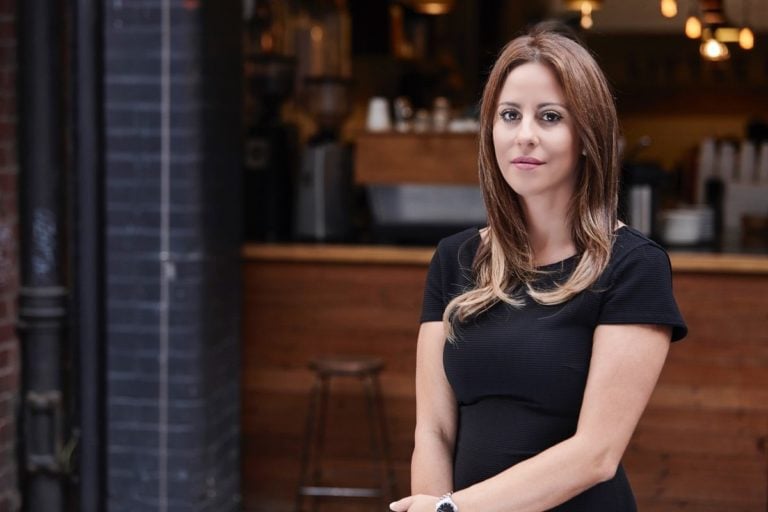It’s been more than a year since the Royal Commission into Institutional Responses to Child Sexual Abuse delivered its final report to the Governor-General and all states have modified their legislation, to create a legal framework that ensures justice for the victims and accountability for the institutions implicated.
Victoria in particular is leading the way, being the first state to introduce laws creating a duty of care for organisations so they can be held accountable for the abuse of children.
The Royal Commission was established in 2012, as a response of the Julia Guillard government to revelations about a series of cases of childhood sexual abuse. In September 2015 the Commission released the Redresses Civil Litigation report, which effectively led to the Turnbull government announcing in November 2016 the launch of a federal redress scheme.
The Commission’s final report included 99 recommendations around redress and civil litigation reforms necessary to enable access to commonwealth claims for survivors. These recommendations were the byproduct of long consultation with the legal world.
“We put submissions forward because we’ve supported the Royal Commission’s recommendations,” affirms Dimi Ioannou, Victorian head of Abuse Law at Maurice Blackburn. “We looked at three main elements: direct personal response – because some of the survivors wanted an actual apology as to what has happened to them; counseling and psychological care; and monetary payments.”
All states have a legislated commitment to Redress and have lifted the limitations period (including retrospectivity), but some are lagging behind, either having agreed in principle, or made commitments, but not acted on them. Western Australia is the one with a longer way to go, most of the issues still being under consultation, while it is the only state which has not extended mandatory reporting to include confessions.
“Sometimes states want to wait for one state to make a move before another makes a move,” Ms Ioannou explains.
“In our view Victoria has played a leading role in this space, moving swiftly to both commit to and deliver on reforms.
“This includes a commitment to join the redress scheme, introducing penalties for failures to report child abuse, the lifting of limitation periods, the removal of the Ellis defence (ed.note: a clause that protects church assets against compensation claims), introducing a non-delegable duty of care on organisations and reversing the onus of proof on institutions.
“We call on Victoria to maintain this reform momentum in 2019 as a nation leader in improving access to justice for abuse survivors,” she adds.

Perhaps more importantly, the immediate impact of the Commission was a change of culture. “The Royal Commission raised social awareness and made people come forward,” says Ms Ioannou, referencing the Commission’s statistics, according to which 60,000 survivors of abuse brought their cases to the spotlight and started making requirements in relation to their entitlements. People can now pursue with the common law claim and we can make the application for them.”
As a lawyer who has represented abuse victims, Ms Ioannou agrees that the numbers are staggering and that accountability remains an issue. “My role is to make institutions accountable,” she says. “Children are vulnerable and therefore need to be protected. These institutions failed to provide a safe environment for these children and clearly they have abused their power in these cases. And they need to make sure that they acknowledge the impact that it’s had on the survivor, apologise to the survivor and take reasonable steps to prevent the abuse from ever occurring again and to make sure that these people can basically get closure.”
With all the progress made, there is still room for improvement. At the moment, the Federeal Redress scheme sets a cap of $150,000 per person as compensation. “We say that it’s not enough,” says Ms Ioannou, explaining that the Commission had recommended for a $200,000 cap.
Other aspects go beyond the financial compensation. Educating the community about victims of sexual abuse is of paramount importance, Ms Ioannou says. “[We need to] make sure that institutions provide a safe environment for children, that they have correct setups in their living arrangements to eliminate risks and to make sure that the people who have abused their power are penalised. This is where the criminal justice system needs to intervene.”
One of the ideas circulating in order to protect the community is the creation of a registry for sexual offenders. “I agree with that,” Ms Ioannou says. “It would make people aware, because people need to know. It is another form of educating people and it would also make people accountable, because I don’t think that anyone is going to want to be on that registry.”









